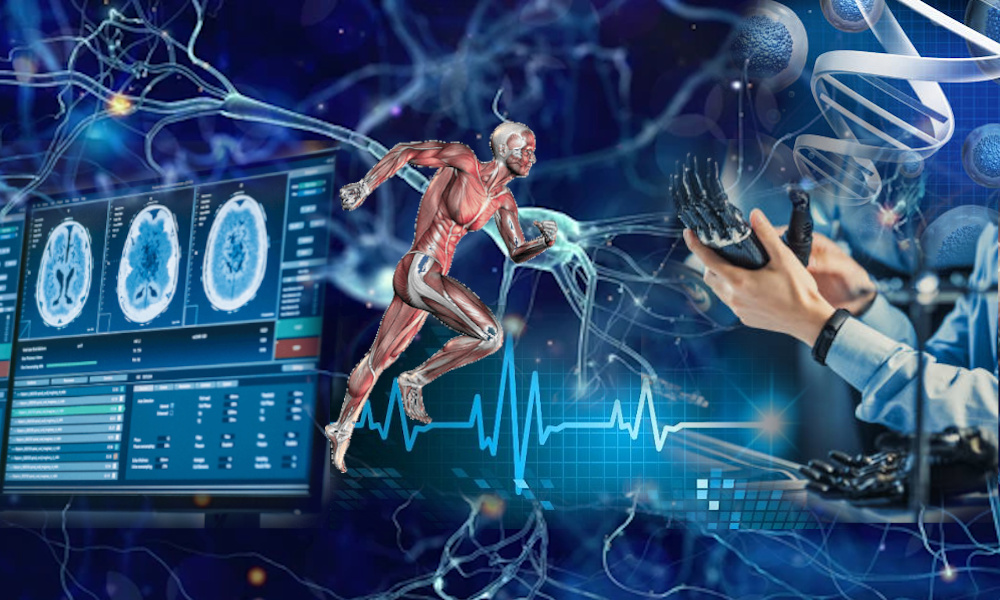Empowering Healthcare with Technology
The Biomedical Engineering Laboratory in the DEEE is the facility dedicated to the research and development of new technologies to improve human health, etc. Thus we focus on areas related to Electrophysiological Signal acquisition and analysis, Medical image and signal processing, Design and development of bio-instruments, and related activities. The lab is equipped with some specialized equipment such as BioRadio wireless physiologic signal acquisition hardware and Biocapture software system along with the complete CleveLabs Biomedical Engineering laboratory suite. The lab is also equipped with all the sophisticated equipment needed to design and develop bioinstruments.
Our research interests focus on developing new biomedical devices, diagnostics, and therapies. We are particularly interested in using engineering principles to solve complex problems in areas such as neuro-engineering, EEG, EMG and biomechanics, etc. DEEE home to a team of talented and dedicated faculty members and students. BME Laboratory also plays an important role in teaching and training the next generation of biomedical engineers. We offer a variety of undergraduate and graduate courses in biomedical engineering, and our students have the opportunity to gain hands-on experience in our laboratory.

CONTRIBUTION TO TEACHING
The BME laboratory is used for conducting practical classes for students who follow courses related to Biomedical Engineering, Instrumentation, signal and image processing, etc. Below, you will find a list of laboratory classes belonging to several courses offered under Biomedical Engineering sub-specialization.
| SEMESTER | SUBJECT | EXPERIMENT |
|---|---|---|
| 7 | EE580 - Introduction to Biomedical Engineering | 1) Measurement of Electrophysiologic Signals, ECG and EMG |
| 2) Auditory functional MRI Lab | ||
| 3) Design of an ECG/EEG/EMG Amplifier | ||

Research and Innovation
This laboratory provide facilities for research and development in biomedical engineering and inter-related areas such as biomedical signal conditioning, image processing and bio-instruments and modelling, etc. As mentioned, the lab has a variety of equipment and resources that allow students and staff to test and develop new devices and diagnostics, etc. Some of the common research and development topics that are investigated in BME lab include: brain computer interfacing, classification of EEG, diagnostic through medical imaging, fetus condition monitoring, gait analysis, wearable devices for event extraction and monitoring, etc. Some of the recent collaborative projects with the industry and other research institutions and also postgraduate projects can be found here: collaborations of institutions, industry and PG projects.
SOFTWARE, EQUIPMENT AND EXPERIMENTAL SETUPS
Below, you will find pictures/details of laboratory setups, equipment, and software tools belonging to the Biomedical Engineering laboratory.
| BioRadio Signal Aquisition | BioRadio System | 14 channel Wireless EEG Headset | Compact infusion pump |
 |
 |
 |
 |
| Muscle Stimulator | Ocilloscopes | CleveLab BME Lab Suite | |
 |
RESEARCH TOPICS
From the past recent years, we have been closely working with foreign universities and institutions such as Kent State University, Ohio, USA. Further we have been working with local universities, institutions and industries i.e. Faculty of Medicine, UOP.
SOME OF THE RESEARCH ACTIVITIES |
||||
|
||||
|
||||
|
||||
|
||||
|
||||
|
||||
|
CONTACT INFORMATION


